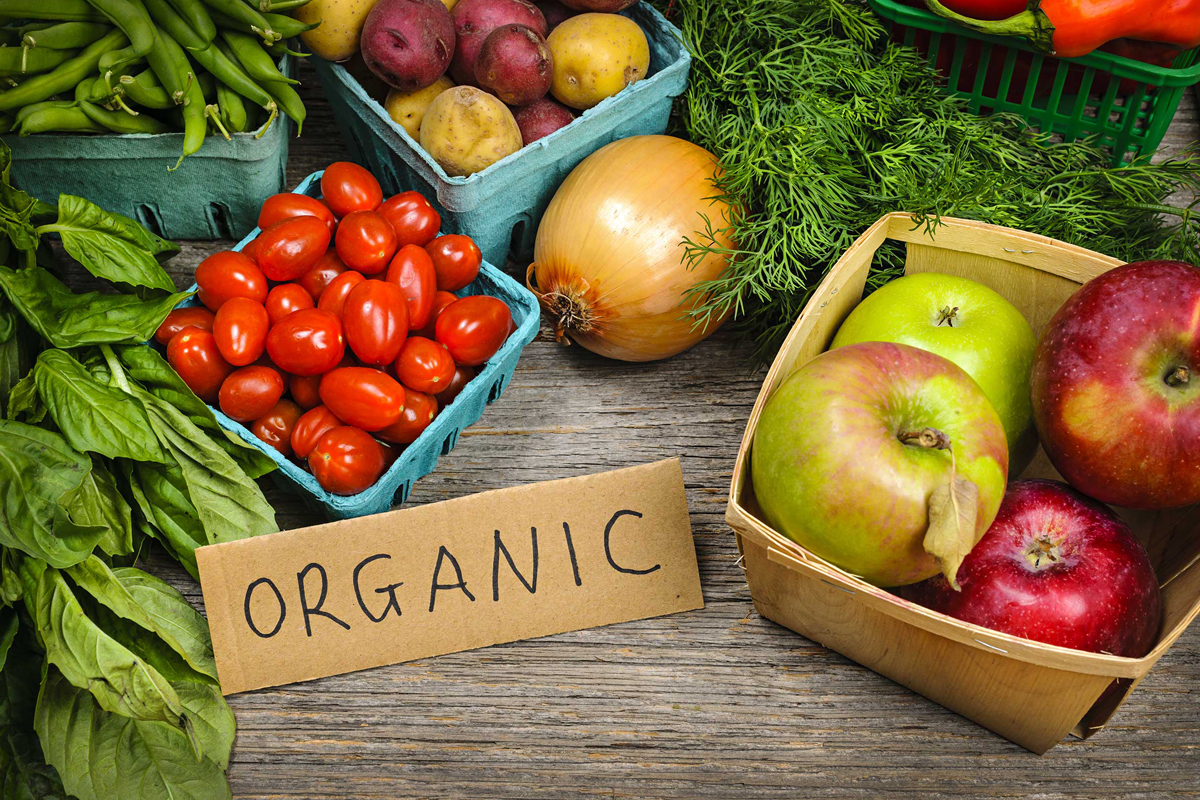In recent years, organic products have gained immense popularity among those who care about their health and the environment. These products are grown and produced without the use of chemical fertilizers, pesticides, antibiotics, or genetically modified organisms (GMOs). Here’s a guide on the best places to buy organic products and what to look for when selecting them.
Where to Find Organic Products?
Organic products are now available in a variety of locations, from large supermarkets to farmers’ markets.
Farmers’ Markets
One of the best places to buy fresh and high-quality organic products is your local farmers’ market. Here, you can speak directly with the producers, learn how the fruits, vegetables, or meats were grown, and verify their natural origins. Many farmers take pride in their sustainable practices and are happy to share information about their products.
Specialty Stores
In big cities, there are many stores specializing in organic and natural products. These can range from large chains to small local shops. Products in such stores usually have certifications that guarantee their organic origin.
Supermarkets
Even regular supermarkets now have dedicated sections for organic products. These sections often include fruits, vegetables, meats, dairy products, and organic prepackaged foods. However, not everything labeled as “organic” may truly meet the standards, so it’s important to carefully check the labeling.
Online Shops
There are numerous online platforms offering organic products delivered straight to your door. This is a convenient option for those who live far from cities or farmers’ markets. When buying online, pay attention to the seller’s reputation and verify if the products have certifications.
How to Choose Organic Products
When selecting organic products, it’s essential to avoid falling for marketing tricks. Unfortunately, the term “organic” is often used in advertising, even when products don’t meet strict standards.
Quality Certifications
Authentic organic products must be certified. In the EU, for example, there is the EU Organic certification, while in the US, USDA Organic is a common standard. The presence of such labels on the packaging is the most reliable indicator that the product is truly organic.
Packaging
Organic products are often packaged in eco-friendly materials, such as cardboard or biodegradable film. If a product is sold in conventional plastic packaging but labeled “organic,” it may warrant closer scrutiny.
Appearance
Organic products often look natural: they may be less vibrant, irregularly shaped, or have small imperfections. This is because they are grown without chemical fertilizers or pesticides, which make produce look flawless. If fruits or vegetables appear too perfect, they are likely not organic.
Seasonality
Pay attention to the season. If you see organic strawberries or tomatoes for sale in winter, you might want to question their origins. Organic products are usually grown during their natural season without the use of greenhouses or growth accelerators.
Price
Organic products are typically more expensive than conventional ones because their production requires more labor and resources. A suspiciously low price may indicate a counterfeit product.
Benefits of Organic Products
Understanding the advantages of organic products can help you make informed decisions and invest in quality food.
Health Benefits
Organic products are grown without chemicals and contain higher levels of vitamins and minerals. They are especially safe for children, pregnant women, and people with allergies.
Taste
Many people find that organic products have a richer flavor. This is due to their natural growing conditions without chemical additives or growth enhancers.
Environmental Impact
By purchasing organic products, you support eco-friendly production methods. Organic farmers use practices such as organic fertilizers, crop rotation, and manual labor that minimize environmental harm.
Ethical Considerations
Organic products are produced with respect for animals and the environment. For example, organic meat comes from animals raised in free-range conditions and fed natural diets.
Buying organic products is not just about taking care of your health; it’s also a contribution to protecting the environment and supporting ethical production practices.


